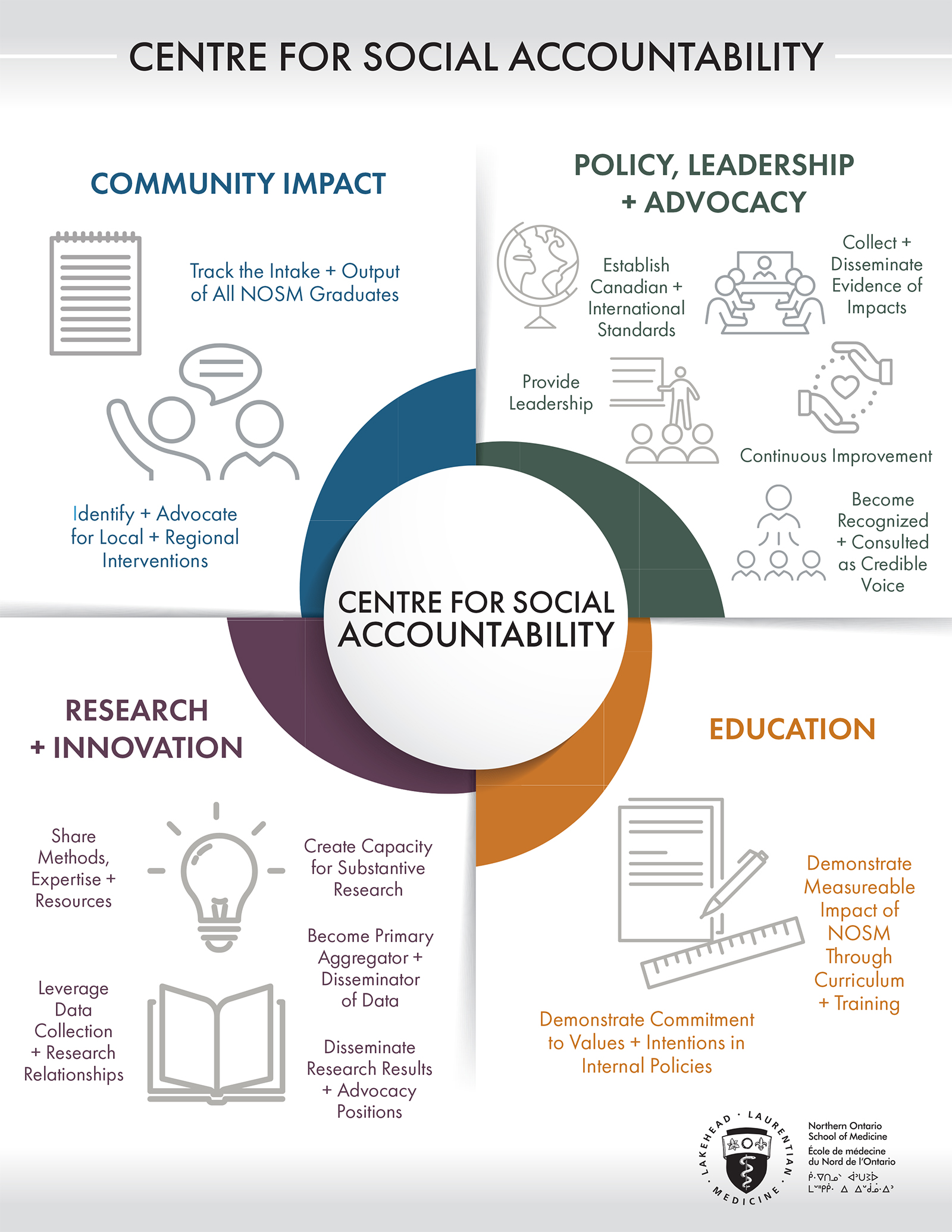Intentionally addressing equity, diversity and inclusion

The appointment of Dr. Joseph LeBlanc, Associate Dean of Equity and Inclusion at the Northern Ontario School of Medicine (NOSM) is a turning point for NOSM.
Dr. LeBlanc is leading the Office of Equity and Inclusion where it is an accountable, actionable repository for both regional and national calls to action against racism and for leading in the space for and advocacy in diversity and inclusion. A space where key recommendations are honoured, respected and actioned, including NOSM’s anti-racism strategy.
“We need an equity and inclusion strategy that is unique to the North, but we must also be accountable and champion the greater national recommendations,” says Dr. LeBlanc. “We must honour recommendations resulting from experiences of racism in health care: the Truth and Reconciliation Commission recommendations; the recommendations and calls for justice of the Missing and Murdered Indigenous Women and Girls Inquiry; the Black Medical Students Association of Canada recommendations (BMSAC); Canadian Francophone health recommendations; national LGBTQ2S+ recommendations; Ontario’s accessibility requirements; the United Nations Declaration on the Rights of Indigenous Peoples (UNDRIP); Joyce’s Principle; Jordan’s Principle; and more.”
Equity and inclusion is directly linked to NOSM’s strategic priority to advance social accountability. Dr. LeBlanc says the real challenge lies in having ourselves make a difference. We are a leading medical school in Canada and we graduate the highest number of Indigenous MDs. We can still do so much more, though. NOSM is specifically funded to train doctors. If we collaborate with community partners in this spirit, with health issues and health equity top of mind, we will naturally advocate collaboratively for all of us. Our recently signed relationship accord with the Nishnawbe Aski Nation is one example of this. NOSM will build a culture of advocacy, grounded in academic information and data. “To step up into an advocacy role and we need information,” says Dr. LeBlanc. “We need the research capacity and human resources to be able to assert ourselves as health advocates and leaders in the North.”
A concerted whole-school effort will make a lasting impact. “Everybody should be thinking about equity and inclusion in their individual work, however there’s still some hesitancy about what it means. The best-evidence approach is a culture shift combined with a holistic approach including research, policy, people, faculty, staff and learners who are willing to participate and contribute to a better way forward,” says Dr. LeBlanc.
NOSM and Associated Medical Services (AMS) announced the historic appointment of Dr. Darrel Manitowabi as the NOSM-AMS Hannah Chair in the History of Indigenous Health and Indigenous Traditional Medicine. Dr. Manitowabi is working to promote the discussion of the inherent, constitutional, Treaty and international rights of all Indigenous Peoples and communities and the protection of traditional knowledge and medicines from appropriation.
Reducing language barriers and improving access to French-language health services in the North are key priorities that advance NOSM’s social accountability mandate. Opportunities to learn in French are being built into the curriculum, including clinical skills, medical terminology, enhanced language classes, and including l’offre active (Active Offer) programming. Active Offer planning tools and resources encourage NOSM staff, faculty and learners to make Active Offer second nature.
NOSM’s new Centre for Social Accountability (CFSA) is a one of a kind centre and the only one in Canada and possibly in the world. The establishment of the Centre will result in improved health of Northern Ontarians while extending beyond NOSM’s commitment to being socially accountable in our education and research programs and advocating for health equity. The CFSA’s integrated approach in the areas of policy leadership and advocacy; research and innovation; education; and community impact will produce a deeper and broader understanding on a range of issues affecting population health outcomes inside and outside the medical system. In this way the Centre’s social accountability research defines and strengthens the School, making NOSM and its partners more effective in the achievement of this critical mission.

